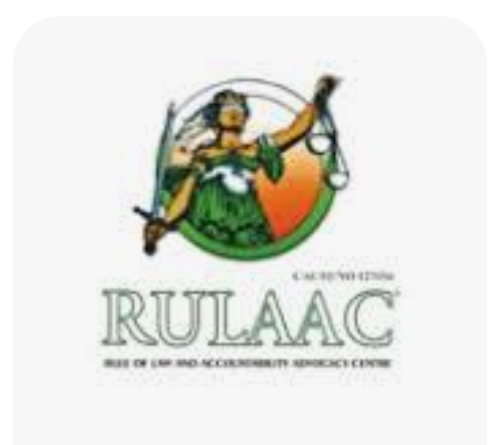The Rule of Law and Accountability Advocacy Centre (RULAAC) has criticized the Federal Ministry of Foreign Affairs’ response to US President Donald Trump’s remarks on the large-scale killings of Christians in Nigeria.
RULAAC emphasizes that the core issue is state responsibility, citing the government’s duty to protect the lives and rights of all citizens under domestic and international law.
The organization’s statement notes that while many atrocities are perpetrated by non-state actors, including armed herders, Islamist extremists, and bandits, the government’s failure to take meaningful action and ensure accountability suggests complicity.
RULAAC argues that the persistence of mass killings over the years, with consistent warning signs and repeated attacks on the same communities, blurs the line between government failure and approval.
The group’s stance highlights the ongoing debate surrounding the Nigerian government’s response to violence against Christians, with some international leaders and organizations calling for greater action to protect vulnerable communities.
As the situation continues to unfold, RULAAC’s statement signed by its Executive Director, Okechukwu Nwanguma underscores the need for the government to prioritize the safety and well-being of all citizens, regardless of faith or ethnicity.
Let it be clear:
- Failure to Protect is Dereliction of Duty
When the government fails to prevent massacres despite prior intelligence or visible threats, that is not mere misfortune – it is negligence, and negligence that results in death is culpability.
- Failure to Prosecute is Institutional Complicity
Impunity fuels recurrence. Each time perpetrators go unpunished, the state sends a silent but clear message: “You can kill and get away with it.” Such silence is complicity by omission.
- Selective Enforcement is Discrimination by Default
When security forces respond swiftly and brutally to peaceful protesters or political dissenters, yet move sluggishly or not at all when churches, villages, and schools are attacked, it reflects bias or indifference – both corrosive to public trust in the rule of law.
- The Damning Reality
Whether through incompetence (inability to act) or complicity (unwillingness to act), the outcome is the same: Christians and other vulnerable groups are being killed with impunity. This represents a national tragedy and a moral indictment of any government that claims legitimacy.
What can be more damning than that?
A government that cannot – or will not – protect life has lost the moral authority to govern. Protection of citizens is not an act of generosity; it is the very essence of sovereignty.
RULAAC therefore calls on the Nigerian government to go beyond denial and diplomatic rebuttals, and to take urgent, transparent, and verifiable actions to:
- Strengthen intelligence and early warning systems in conflict-prone areas;
- Ensure prompt investigation, arrest, and prosecution of perpetrators regardless of identity or affiliation; and
- Rebuild public confidence through equal protection of all communities.
Nigeria’s credibility will not be restored by dismissing international concern but by demonstrating accountability at home.




